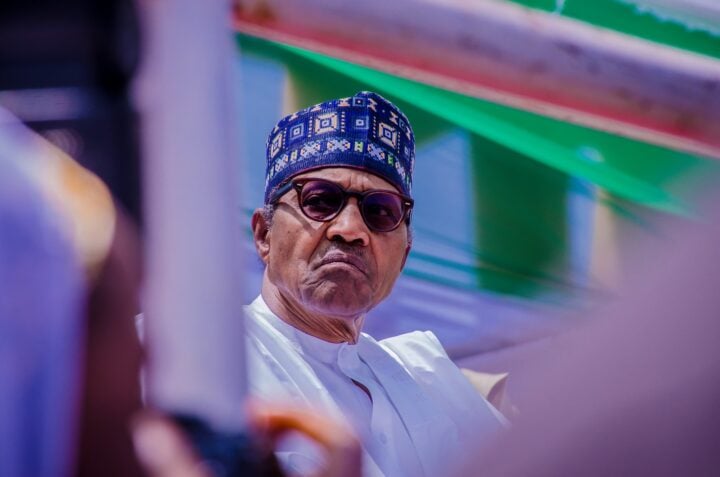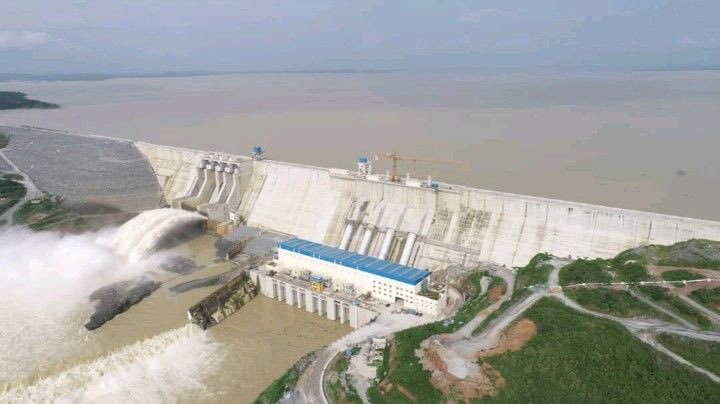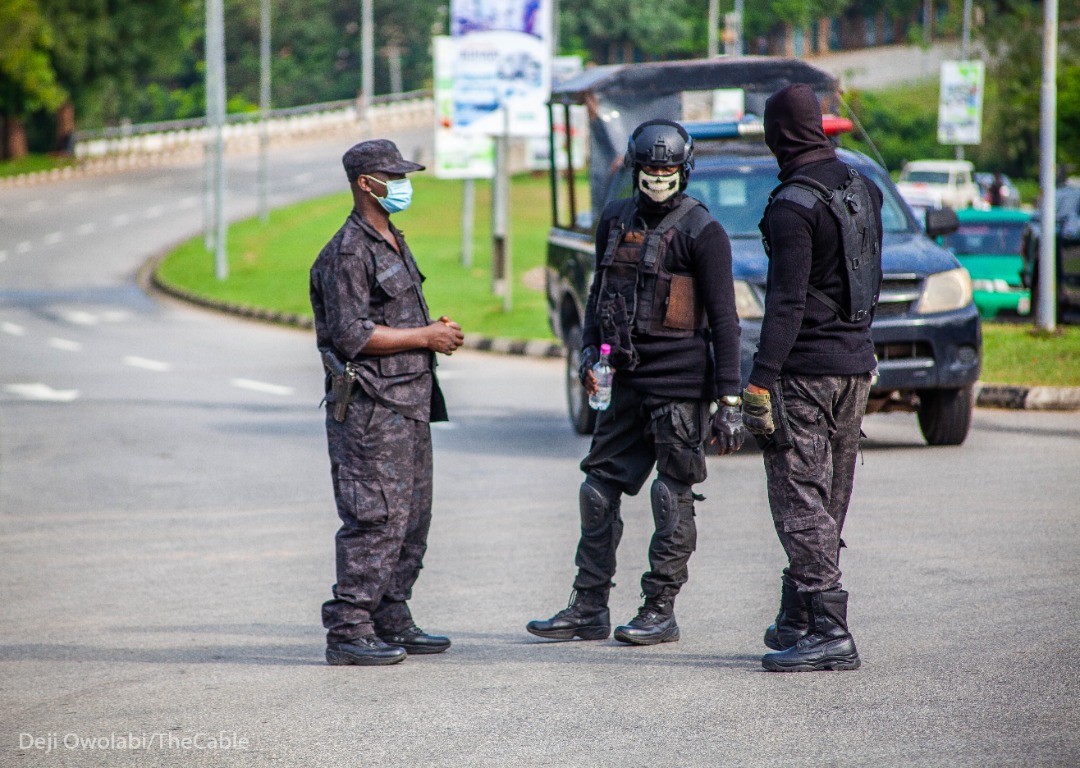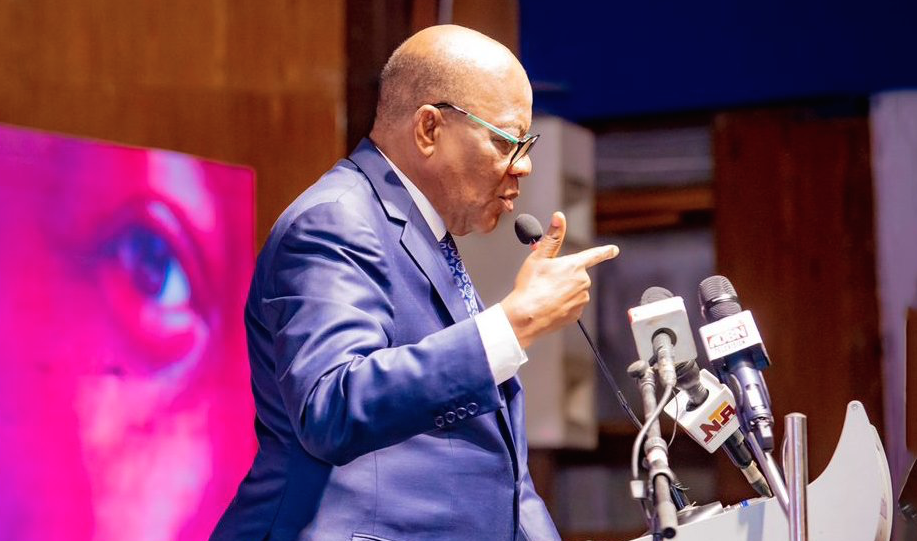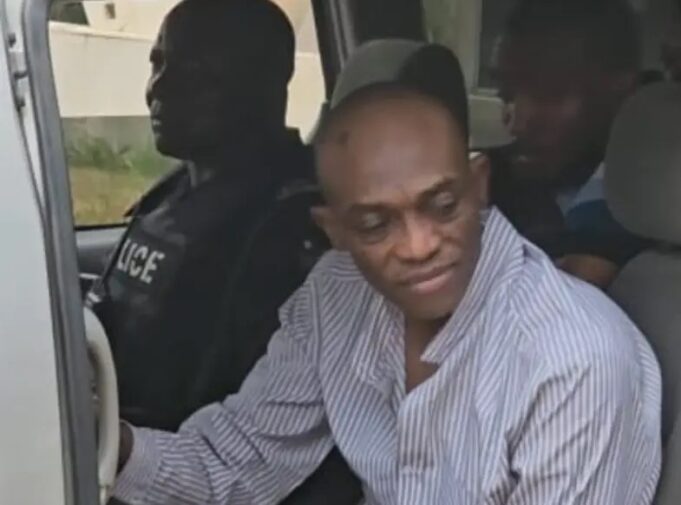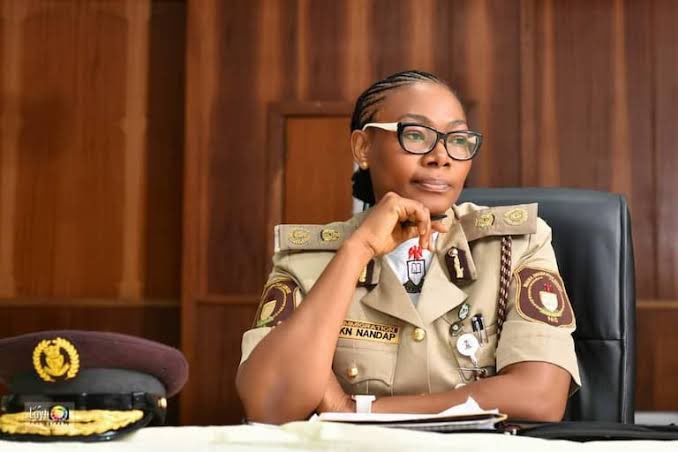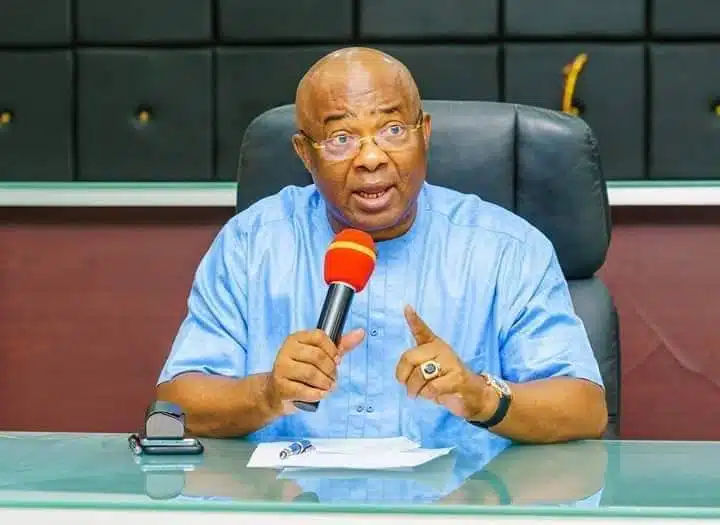Buhari
Former president Muhammadu Buhari says he never authorised any settlement agreement with Sunrise Power and Transmission Company Limited on the Mambilla hydroelectric power project.
Former president Olusegun Obasanjo previously denied authorising Olu Agunloye, former minister of power and steel, to commit Nigeria to the $6 billion “build, operate and transfer” contract with Sunrise Power in 2003.
Sunrise Power had, on October 10, 2017, started arbitration against Nigeria at the ICC International Court of Arbitration, Paris, France, seeking a $2.354 billion award for “breach of contract” in relation to a 2003 agreement to construct the 3,050MW plant in Mambilla, Taraba state, on a “build, operate and transfer” basis.
In its defence at the arbitration, the Nigerian government is alleging fraud and corruption of public officials in the award of the contract.
Advertisement
To resolve the issue, Abubakar Malami, then attorney-general of the federation (AGF), had committed the federal government to pay Sunrise Power $200 million “within 14 days” of the execution of the terms of the agreement on January 21, 2020, and also pay a penalty of 10 per cent in case of a default in fulfilling the settlement agreement — in addition to restoring Sunrise as the local content partner for the project.
However, TheCable learnt that Buhari refused to approve the payment of the $200 million to Sunrise Power.
“FG does not have USD 200 million to pay SPTCL,” the former president said in his reply to Malami.
Advertisement
Malami tried to re-negotiate the terms thereafter, blaming Nigeria’s inability to honour the agreement on the global pandemic and related economic challenges.
It was reported that Sunrise Power later agreed to discontinue the arbitral proceedings after an out-of-court settlement was reached with the federal government.
But the arbitration was not terminated.
BUHARI’S LETTER TO FAGBEMI
Advertisement
Now, in a letter to Lateef Fagbemi, the current AGF, seen by TheCable, Buhari insisted he never approved any settlement.
“The Mambilla project was one of the key projects that I wanted to complete under my administration, but the project was bedevilled by a myriad of issues, mostly inherited,” Buhari wrote.
“While I understood that my ministers of justice, power and water resources were approached by Sunrise and were engaging with various stakeholders that were involved in the project to resolve the issues blocking the project’s implementation, at no time did I specifically instruct them to enter into and conclude any settlement agreement with Sunrise Power and Transmission Company Limited.
“Indeed, when the proposed settlement agreement and addendum were presented to me for my consideration and approval on 20th April 2020, I refused to approve the settlement deal because I was convinced that there was no basis for Sunrise’s claim.”
Advertisement
AGUNLOYE’S PROSECUTION, ADESANYA WANTED
In an interview with TheCable in September, Obasanjo stringently denied authorising Agunloye to commit Nigeria to the contract.
Advertisement
Agunloye was said to have issued a letter awarding the contract a day after the federal cabinet told him to step down his request for approval and explore other sources of funding for the project.
The Economic and Financial Crimes Commission (EFCC) has now preferred a seven-count charge against Agunloye.
Advertisement
TheCable had reported that EFCC traced some suspicious payments made by Sunrise Power and Transmission Ltd to Agunloye’s bank accounts.
In one of the counts, the EFCC alleged that on August 10, 2019, Agunloye “corruptly received the sum of N3,600,000.00” through his Guaranty Trust Bank account no.0022530926 from Sunrise Power and Transmission Company Limited (SPTCL) and Leno Adesanya for approving the Mambilla Hydroelectric Power Station project.
Advertisement
The EFCC has also declared Adesanya, the promoter of Sunrise Power and Transmission Ltd, wanted.
In a notice issued on Tuesday, the EFCC said Adesanya is wanted “in an alleged case of conspiracy and corrupt offer to public officers”.
Adesanya was mentioned in three out of the seven-count charges preferred against Agunloye.
